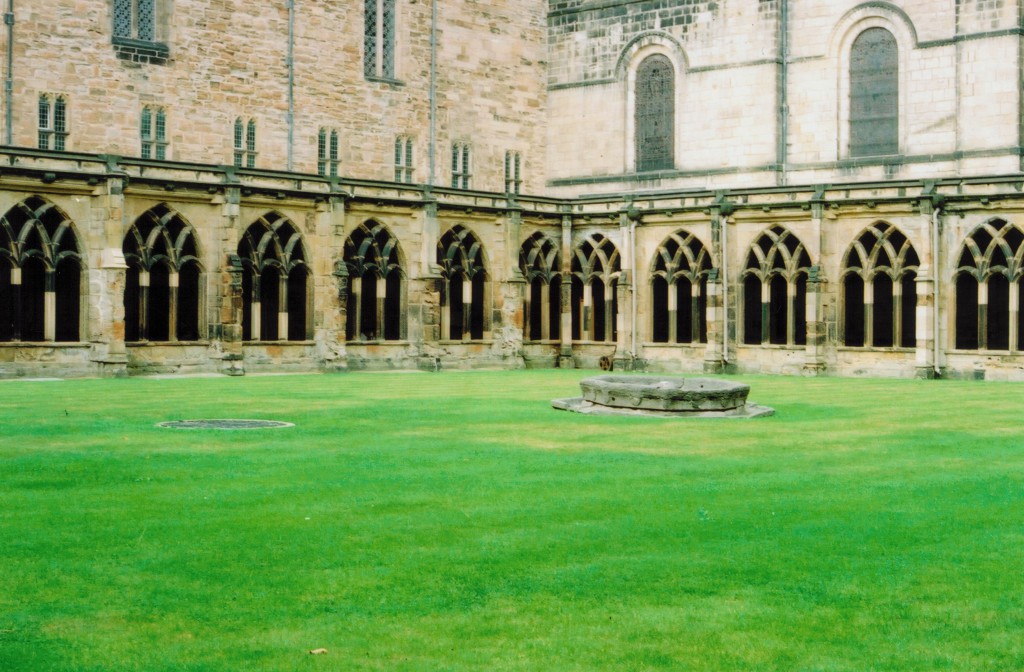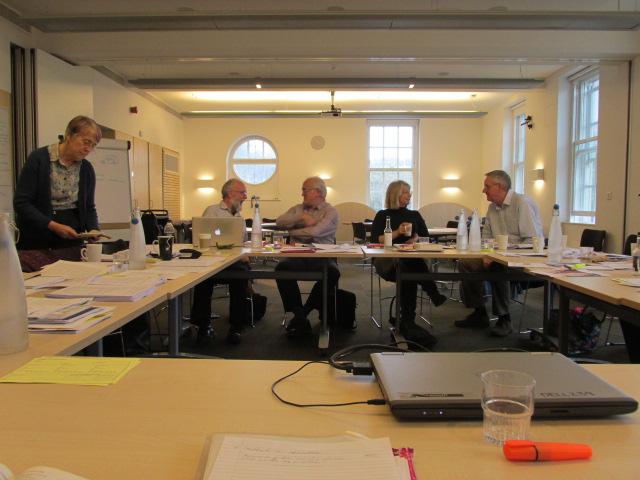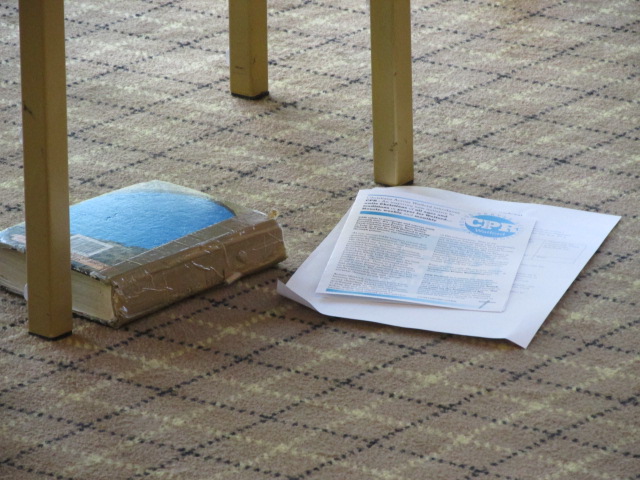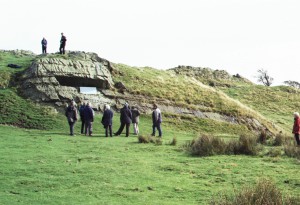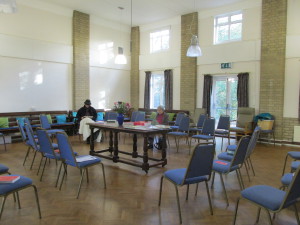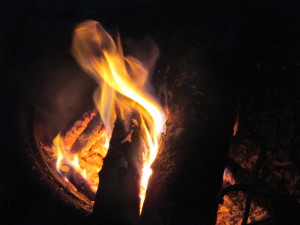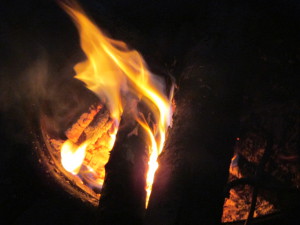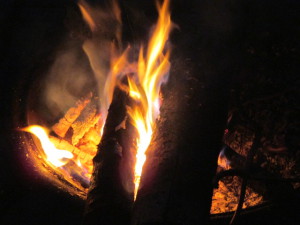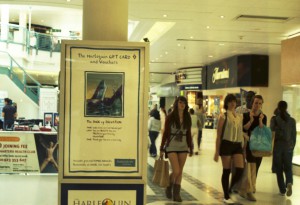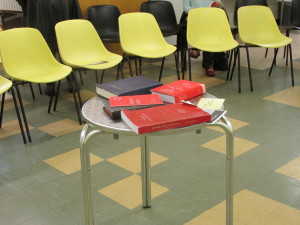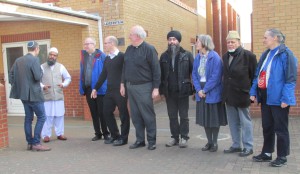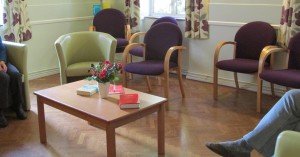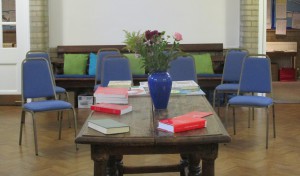‘Quakers don’t build cathedrals, they have committees’
This phrase, from the introduction to an old version of the Committees* Handbook, was offered to us in vocal ministry at the closing worship of QCCIRs* committee meeting recently.
For me it immediately threw up several pictures.
Firstly, that both are places of worship. At a recent training day for clerks* and committee secretaries I had heard powerfully the importance of worship in the life of a committee*, and the advice ‘if in doubt have more worship, time spent in silent waiting worship* is never wasted time’.
Then lots of images around St Albans Cathedral. I was born in St Albans, and have lived near to there nearly all my life. The abbey* and cathedral are ever-present and have been for many centuries. The Church of England is not only ‘established’ in a constitutional sense, it is established in the landscape. Over the years I have gone to the abbey* for many different reasons including as a tourist; to get a light lunch in pleasant surroundings; to attend large scale services. I am fascinated by the decoration (while also wanting to remove it all). The gradual revelation of paintings on pillars that were whitewashed over in the reformation* has been fascinating.
A particularly powerful memory is of a visit with a group of predominately Muslim women from Watford. When it came to time for midday prayer, they went to one of the side chapels, spread their coats on the floor in place of prayer mats and prayed. I felt that my only possible response was to kneel in the pew nearby and pray too.
Another image that came to me is how parts of this cathedral have fallen down over the years. It has been patched in different materials (flint, stone, Roman brick and tile salvaged from older buildings) and repaired and extended in varied architectural styles. Yet it remains a physically intact edifice, a place of prayer and of pilgrimage, the home of an active Christian community, and, of course, a tourist attraction. Sometimes our Quaker committees seem to be falling down, we rebuild, perhaps with different materials, in different styles, but they too can go on serving.
*Glossary
There is quite a lot of ‘Quaker speak’ and other words that assume certain background knowledge in the above, so for those unfamiliar with it I’ll try to interpret.
Committee – British Quakers have committees at all levels from local meetings to national bodies. Sometimes they oversee work done by paid staff, most, especially locally, do the work. themselves. Committee members are almost always appointed to serve for a triennium, only exceptionally do they serve for more than two successive triennia. Committees work using the Quaker business method where the business is conducted in the context of silent waiting worship and minutes are agreed during the meeting.
QCCIR – Quaker Committee for Christian and Interfaith Relations. A national committee that represents and responds on behalf of Britain Yearly Meeting (the national organisation of Quakers in Britain) to other faith groups. It also encourages Friends to become involved in inter-church and inter-faith activity.
Clerks and committee secretaries – clerks serve a committee by presenting the business and recording the minutes in the meeting, they may also handle communications between meetings. They are a servant of the meeting, rather than being in charge of the committee. For national level committees they are often supported by a paid staff member who handles much of the administration of the committee.
Waiting worship – Quaker worship takes the form of expectant waiting in silence. It is usually completely unprogrammed, but anyone may speak if moved by the Spirit to do so.
The abbey – not ‘Quaker speak’ but ‘St Albans speak’. Locals commonly refer to ‘the Abbey’ as if it were the only one.
Reformation – the dramatic change in the Church of England when it split from the Church in Rome under Henry VIII. Monasteries were dissolved, buildings were knocked down, much decoration was painted over or destroyed. It was part of a long period of major disagreement between catholic and protestant factions within the church.

